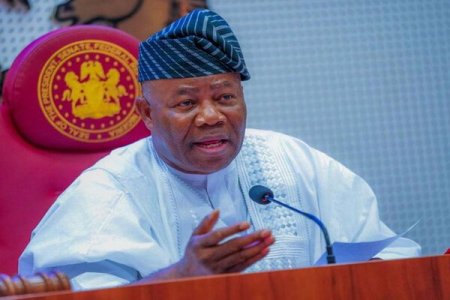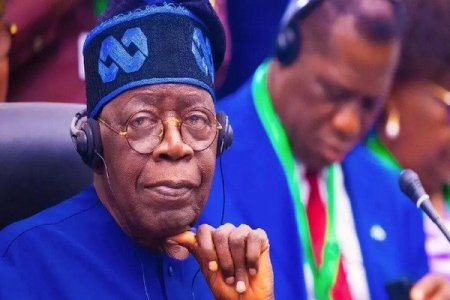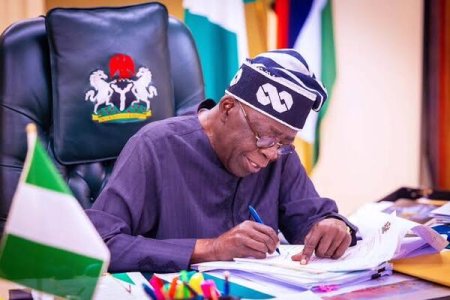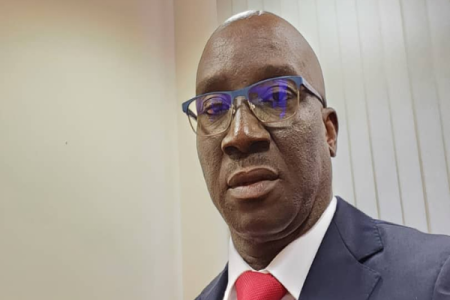
A heated debate erupted in the Nigerian Senate as the controversial Tax Reform Bill was discussed without prior inclusion on the Order Paper. Senator Ndume challenged procedural lapses, sparking a shouting match. Despite objections, the FIRS chairman addressed the chamber, highlighting divisions over the bill’s implications for Nigeria’s economy.
The Nigerian Senate descended into a heated shouting match during Wednesday’s plenary as lawmakers debated the controversial Tax Reform Bill, which unexpectedly surfaced despite being absent from the day’s Order Paper.
Tensions flared when Senate Leader Michael Opeyemi Bamidele invoked Order 12(1) to suspend standard rules, allowing the Chairman of the Federal Inland Revenue Service (FIRS) to address the chamber on the bill. This move, supported by Deputy Senate President Jibrin Barau, paved the way for the FIRS delegation and other tax experts to enter the chamber.
The decision immediately sparked a strong objection from Senator Mohammed Ali Ndume, who criticized the procedural irregularity. Citing Senate rules, Ndume argued that external guests are prohibited from addressing the chamber on issues not listed for discussion.
“This matter is too critical to bypass proper procedures,” Ndume stated passionately. “If this needs to be addressed today, there must be a supplementary Order Paper. Nigerians have voiced their concerns, and we must uphold their trust.”
He further emphasized the sensitivity of the Tax Reform Bill, cautioning against any actions that might appear manipulative. “We swore an oath to represent the people’s interest,” he added, urging adherence to legislative processes.
Despite Ndume’s objections, Barau maintained that the Senate’s actions were within its purview. “We are not here for rhetoric,” he declared firmly, dismissing Ndume’s concerns.
As tensions escalated, the chamber grew chaotic, with senators exchanging sharp remarks. Barau eventually ruled Ndume out of order, allowing the FIRS chairman and tax experts to present their clarifications on the bill.
The incident highlights growing divisions among lawmakers over the proposed reforms, which many believe could have far-reaching implications for Nigeria’s economic landscape. Public reactions remain mixed, with some applauding the push for transparency and others criticizing perceived procedural lapses.





